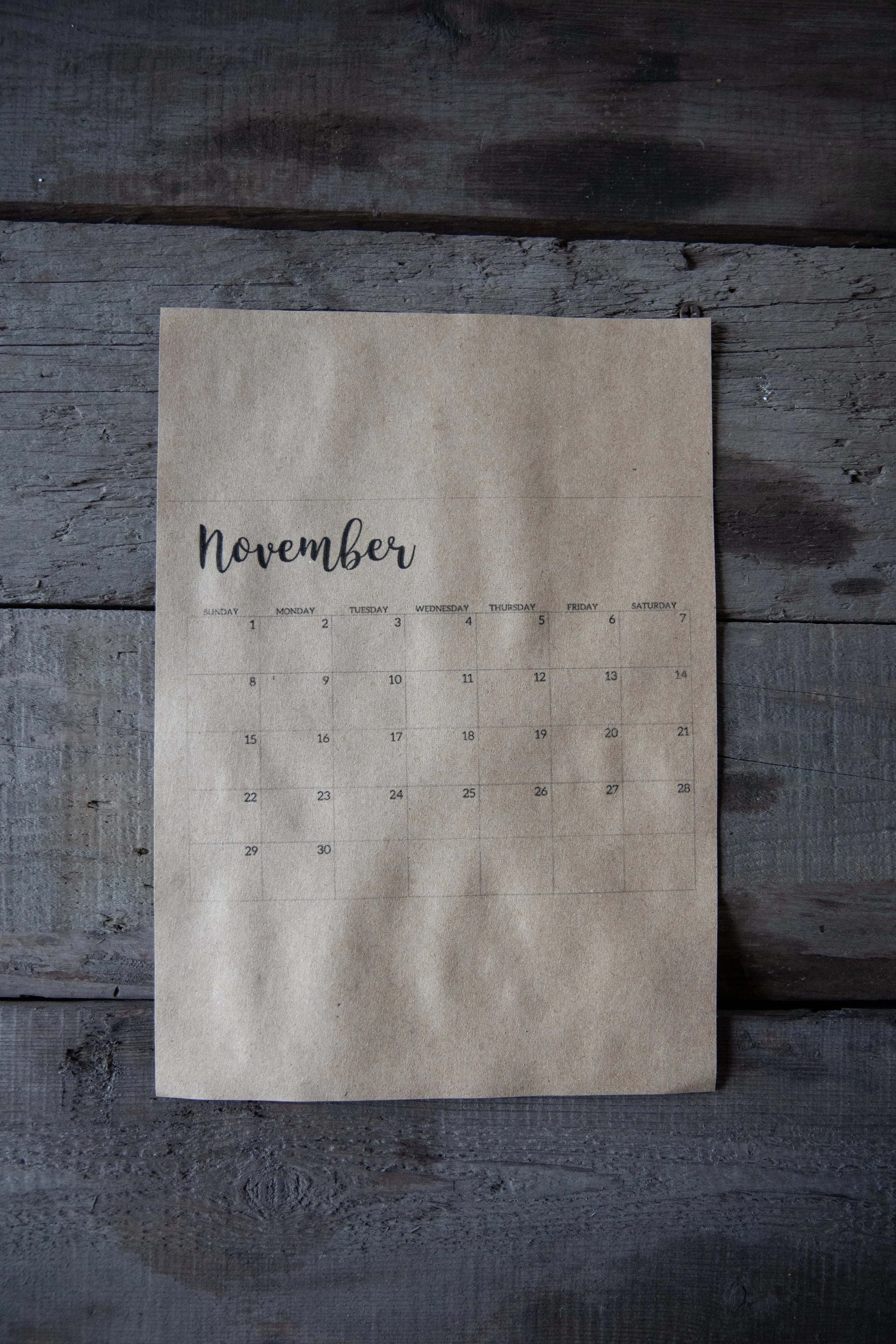how many days in a month
Decoding the Ovulation Calendar: How Many Days After Your Period Do You Ovulate?
Introduction: Navigating the Monthly Maze

The Ovulation Puzzle
Understanding Your Body's Rhythm
Embarking on the journey of family planning or simply curious about your body's natural rhythm? Knowing how many days after your period you ovulate is a crucial piece of information. Join me as we unravel the mysteries of the ovulation calendar.
Anecdote: Conception Chronicles When my husband and I decided to start a family, the concept of ovulation suddenly became a hot topic of conversation. Little did I know that understanding this timeline would become a pivotal factor on our path to parenthood.
The Menstrual Cycle: A Brief Overview
The Monthly Rollercoaster
From Day 1 to Ovulation
The menstrual cycle typically spans 28 days, although variations are entirely normal. Day 1 marks the beginning of your period, and ovulation—the release of an egg from the ovary—usually occurs around the middle of the cycle.
Anecdote: Cycle Surprises I vividly remember the days of tracking my cycle with a mix of excitement and curiosity. Each month felt like a unique adventure, and understanding the nuances of my body's rhythm brought a newfound appreciation for the menstrual cycle.
Ovulation Timing: Finding the Sweet Spot
The Fertile Window
Pinpointing Ovulation
To determine how many days after your period you ovulate, you'll want to identify your fertile window—the days when conception is most likely. For many women, this falls between days 12 to 16 of the menstrual cycle, counting from the first day of your period.
Anecdote: Fertile Window Foresight As my husband and I navigated the fertility landscape, I became adept at recognizing signs of ovulation. It was like discovering a secret language my body spoke, signaling the optimal time for conception.
Ovulation Signs: Listening to Your Body
Nature's Clues
Physical and Emotional Indicators
Your body provides subtle signs that ovulation is imminent. These can include changes in cervical mucus, a slight increase in basal body temperature, and heightened sexual desire. Paying attention to these signals can help you pinpoint your ovulation day more accurately.
Anecdote: temperature Tales Investing in a basal body thermometer was a game-changer for me. Tracking my morning temperature became a daily ritual, providing valuable insights into my ovulation patterns.
Factors Influencing Ovulation
Lifestyle and Health Dynamics
The Ovulation Equation
Several factors can influence the timing of ovulation. Stress, illness, and changes in routine can temporarily alter your cycle. Being attuned to your body while maintaining a healthy lifestyle can contribute to more predictable ovulation patterns.
Anecdote: Stress and Surprises During a particularly stressful period at work, my cycle threw me a curveball. It was a reminder that life's twists and turns could influence even the most predictable aspects of our bodies.
Conception Strategies: Maximizing the Odds
Timing and Intimacy
Putting Knowledge into Action
Armed with the knowledge of how many days after your period you ovulate, you can strategically time intimacy to maximize your chances of conception. Balancing the science with spontaneity makes the process more empowering and less clinical.
Anecdote: Baby-making Adventures My husband and I turned conception into a shared adventure. Planning our intimate moments based on ovulation predictions added an element of teamwork to the journey.
Conclusion: Embracing Your Body's Rhythm
The Ovulation Journey

From Awareness to Empowerment
Understanding how many days after your period you ovulate is a journey of self-discovery. It's about embracing the natural rhythm of your body and using that knowledge to make informed decisions, whether you're planning for a family or simply appreciating the intricate dance of your menstrual cycle.
Anecdote: Parenthood Perspective Becoming parents brought a new appreciation for the intricacies of conception. Our journey, marked by ovulation awareness, made the road to parenthood feel like a collaborative effort, reinforcing the beauty of life's cycles.